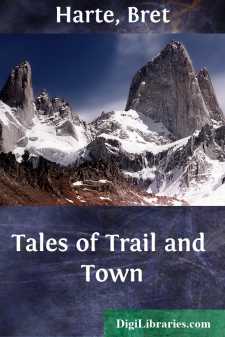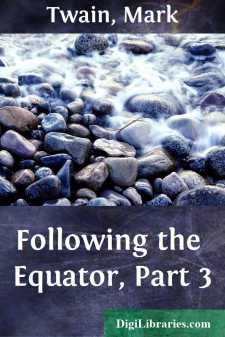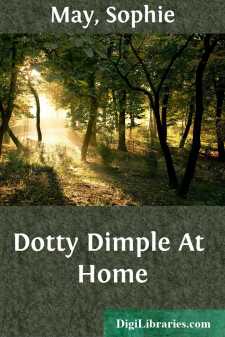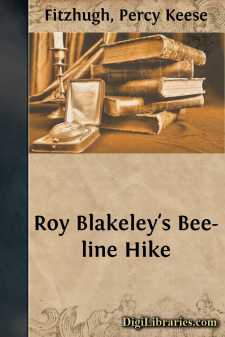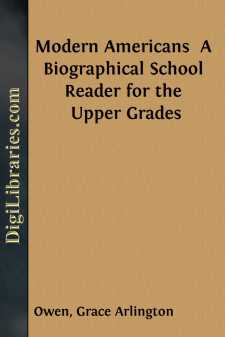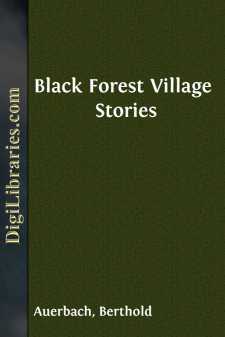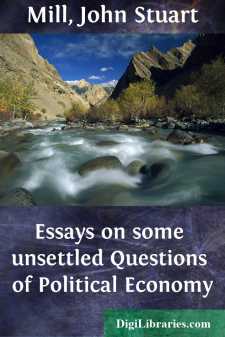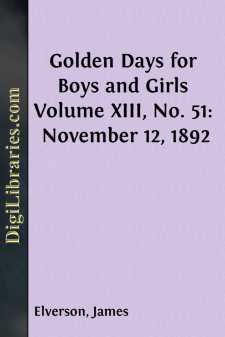Categories
- Antiques & Collectibles 13
- Architecture 36
- Art 48
- Bibles 22
- Biography & Autobiography 813
- Body, Mind & Spirit 142
- Business & Economics 28
- Children's Books 17
- Children's Fiction 14
- Computers 4
- Cooking 94
- Crafts & Hobbies 4
- Drama 346
- Education 46
- Family & Relationships 57
- Fiction 11829
- Games 19
- Gardening 17
- Health & Fitness 34
- History 1377
- House & Home 1
- Humor 147
- Juvenile Fiction 1873
- Juvenile Nonfiction 202
- Language Arts & Disciplines 88
- Law 16
- Literary Collections 686
- Literary Criticism 179
- Mathematics 13
- Medical 41
- Music 40
- Nature 179
- Non-Classifiable 1768
- Performing Arts 7
- Periodicals 1453
- Philosophy 64
- Photography 2
- Poetry 896
- Political Science 203
- Psychology 42
- Reference 154
- Religion 513
- Science 126
- Self-Help 84
- Social Science 81
- Sports & Recreation 34
- Study Aids 3
- Technology & Engineering 59
- Transportation 23
- Travel 463
- True Crime 29
Sort by:
by:
Bret Harte
CHAPTER I It must be admitted that the civilizing processes of Rough and Ready were not marked by any of the ameliorating conditions of other improved camps. After the discovery of the famous "Eureka" lead, there was the usual influx of gamblers and saloon-keepers; but that was accepted as a matter of course. But it was thought hard that, after a church was built and a new school erected, it...
more...
by:
Mark Twain
It is by the goodness of God that in our country we have those three unspeakably precious things: freedom of speech, freedom of conscience, and the prudence never to practice either of them.--Pudd'nhead Wilson's New Calendar.From diary: Mr. G. called. I had not seen him since Nauheim, Germany--several years ago; the time that the cholera broke out at Hamburg. We talked of the people we had...
more...
by:
Emily Hickey
The beginnings of Literature in England. Two poets of the best period of our old poetry, Caedmon and Cynewulf. The language they wrote in. The monastery at Whitby. The story of Caedmon's gift of song.How many of us I wonder, realise in anything like its full extent the beauty and the glory of our Catholic heritage. Do we think how the Great Mother, the keeper of truth, the guardian of beauty, the...
more...
by:
Sophie May
DOTTY DIMPLE AT HOME. CHAPTER I. Dotty Dimple, after a night of pleasant sleep, greeted herself in the morning with a groan. It was as if she had said,— "O, dear! you here again, Dotty? Why didn't you sleep longer?" Prudy noticed the cloud on her sister's face in a moment; she saw she had "waked up wrong." Now I have never told you how peculiarly trying it was to live with...
more...
WE LOSE A MEMBER Now I’m going to tell you about the bee-line hike. Maybe you’ll say you don’t believe everything I tell you about it, but one thing sure, it’s a straight story. It wasn’t so long, that hike, but—oh, boy! Now the first thing I have to do in this story is to get rid of Charlie Seabury. That’s easy. Then the next thing I have to do is to tell you about Pee-wee Harris. Gee...
more...
INTRODUCTION “Tell us about real folks.” This is the request that comes to us again and again from children in the upper grades. In response to this appeal, the authors, in preparing “Modern Americans,” have attempted to give the pupils the worth-while things they like to read rather than the things adults think they ought to like. Those who have taught reading very long agree that the old-time...
more...
THE GAWK I see you now, my fine fellow, as large as life, with your yellow hair cropped very short, except in the neck, where a long tail remains as if you had cut yourself after the pattern of a plough-horse. You are staring straight at me with your broad visage, your great blue goggle eyes, and your mouth which is never shut. Do you remember the morning we met in the hollow where the new houses stand...
more...
by:
John Stuart Mill
ESSAY I. Of the truths with which political economy has been enriched by Mr. Ricardo, none has contributed more to give to that branch of knowledge the comparatively precise and scientific character which it at present bears, than the more accurate analysis which he performed of the nature of the advantage which nations derive from a mutual interchange of their productions. Previously to his time, the...
more...
by:
James Elverson
CHAPTER I.MATT HIRES OUT. It was a raw, cold day in early April. Since morning, the clouds had been gathering, and they now hung, dark and heavy, over both land and sea. The wind, too, which had been steadily increasing for hours in violence, now blew little short of a gale. It evidently was going to be a terrible night, and that night was nearly at hand. No one realized this more than the boy who,...
more...
by:
George MacDonald
WITHIN AND WITHOUT PART I. Go thou into thy closet; shut thy door; And pray to Him in secret: He will hear. But think not thou, by one wild bound, to clear The numberless ascensions, more and more, Of starry stairs that must be climbed, before Thou comest to the Father's likeness near, And bendest down to kiss the feet so dear That, step by step, their mounting flights...
more...


